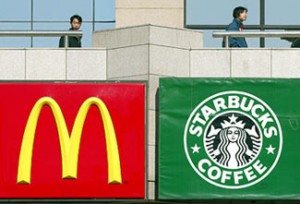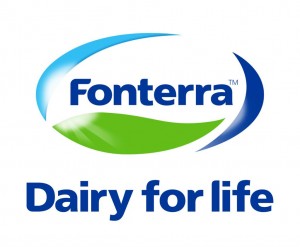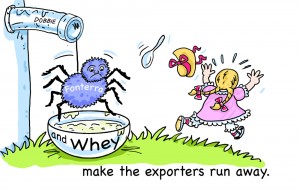In past few years, Blackberry Ltd. has faced plenty of different kinds of lawsuit. The most recent class action suit happened on 4th October is about the company misled their investors in terms of company’s future. The lawsuit said that the Blackberry 10 didn’t well-accepted by the market, so they decided to book a billion dollars in losses and layoff 40% employees to reduce the cost. Due to that fact, their share prices will repeat same tragedy as they did last month.
Employees are the core part of a company, especially for innovations. However, Blackberry fired approximately 4,500 labors to cut down the work force which means the maker of new Blackberry product is gone. Therefore, the company now offers only four new phones instead of six.
A few years ago, Blackberry Smartphone ranked nearly top on the market but after their industry rivals (such as: Apple, Samsung, etc) come to compete, they gradually fall behind. Competitors are everywhere, thus internal operation and speed of innovation must be the key factor of a technology company’s success.
Reference:
Austen, Ian. “BlackBerry to Cut 40% of Work Force After Big Loss.” The New York Times. N.p., 20 Sept. 2013. Web. 7 Oct. 2013.<http://www.nytimes.com/2013/09/21/technology/blackberry-plans-to-cut-4500-jobs.html>.
Friend, David. “The Globe and Mail.” The Globe and Mail. The Canadian Press, 04 Oct. 2013. Web. 07 Oct. 2013.<http://www.theglobeandmail.com/report-on-business/blackberry-hit-with-securities-shareholder-class-action/article14713440/>.





